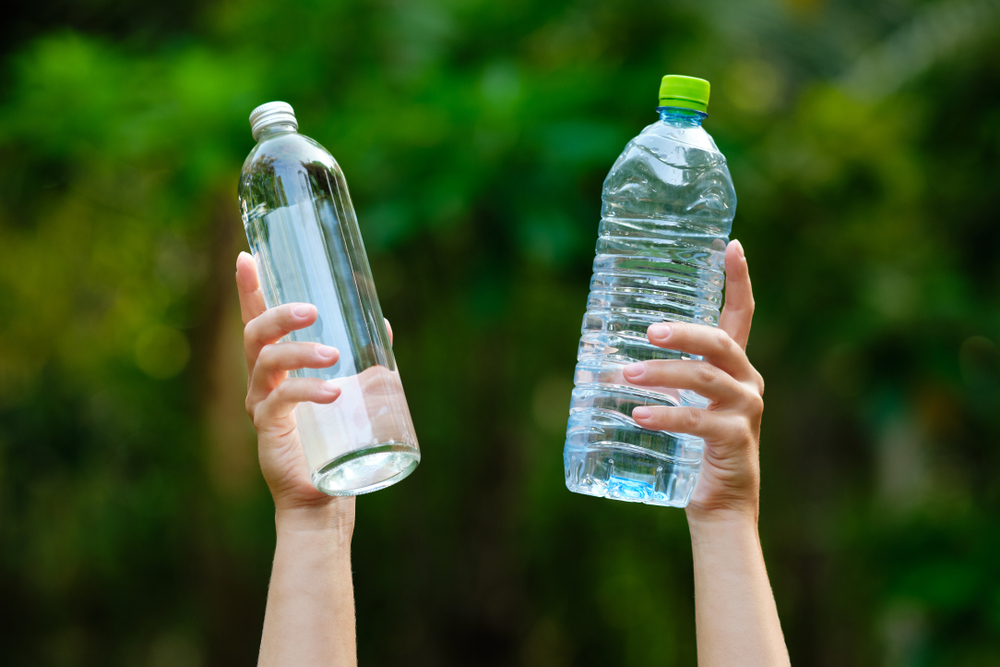- SALE
- SCIENCE
- Explore all Structured Water
Get guidance

How to Make Structured Water

All There Is to Know About Structured Water

Energized Water: Real or Pseudoscience?
Featured article

7 Healthiest Types of Water to Drink
Explore all MineralsGet guidance

4 Best Electrolytes for Seniors

Ways to Add Electrolytes to Drinking Water

Ways to Remineralize Reverse Osmosis Water
Featured article

Best Mineral Drops For Reverse Osmosis Water
Explore all Water BottlesGet guidance

Eco-Friendly Plastic Water Bottle Alternatives

Glass vs. Plastic Water Bottle: Which Is Best?

Is Borosilicate Glass Actually Recyclable?
Featured article

Best Water to Recover From Dehydration
Explore all HydrationGet guidance

What to Do If You Drink Contaminated Water

Steps to Naturally Increase the pH of Drinking Water

Harmful Effects of Drinking Hard Water
Featured article

Best Water to Recover From Dehydration
- Log in
-
SHOP
- SALE
- ABOUT
- SCIENCE
- CONTACT
-
RESOURCES
-
Structured Water
Explore all Structured Water
Get guidance

How to Make Structured Water

All There Is to Know About Structured Water

Energized Water: Real or Pseudoscience?
Featured article

7 Healthiest Types of Water to Drink
- Minerals
Explore all MineralsGet guidance

4 Best Electrolytes for Seniors

Ways to Add Electrolytes to Drinking Water

Ways to Remineralize Reverse Osmosis Water
Featured article

Best Mineral Drops For Reverse Osmosis Water
- Water Bottles
Explore all Water BottlesGet guidance

Eco-Friendly Plastic Water Bottle Alternatives

Glass vs. Plastic Water Bottle: Which Is Best?

Is Borosilicate Glass Actually Recyclable?
Featured article

Best Water to Recover From Dehydration
- Hydration
Explore all HydrationGet guidance

What to Do If You Drink Contaminated Water

Steps to Naturally Increase the pH of Drinking Water

Harmful Effects of Drinking Hard Water
Featured article

Best Water to Recover From Dehydration
- Water Filters
- Minerals
Your Guide to Hydration & Wellness with Water | Mayu -
Structured Water
Mayu Water{"themeColor":"#8abfc5","iconColor":"#8abfc5","showLogo":true,"topBottomPosition":10,"rightLeftPosition":10,"iconSize":"small","iconCustomSize":64,"position":"bottom-right"}


































































